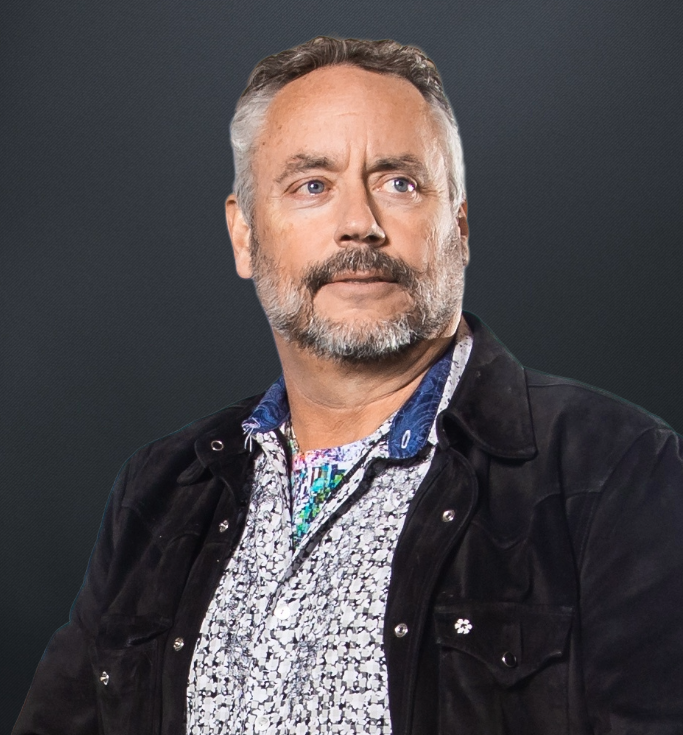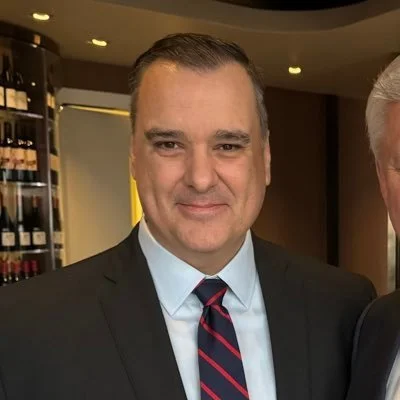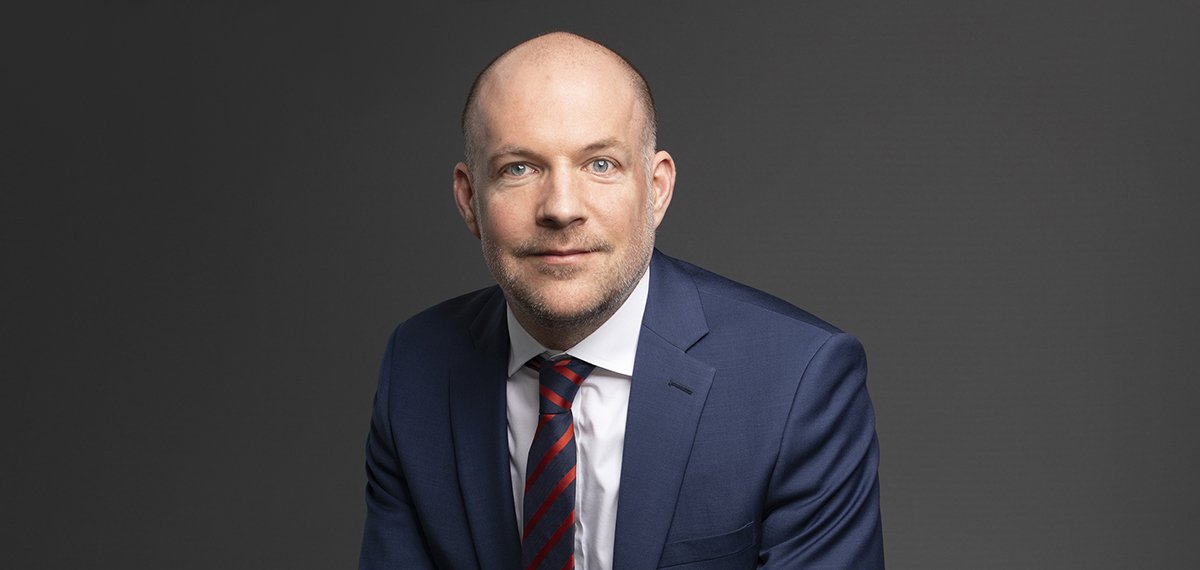Hillman, Canada’s chief trade negotiator: ‘They do need us’
Kirsten Hillman, Canadian Ambassador to the U.S., was appointed the chief trade negotiator for a Canada-U.S. trade deal with the goal of removing all recently imposed U.S. tariffs. / TWITTER PHOTO
In the often volatile landscape of international diplomacy, Kirsten Hillman has emerged as an anchor — steady, strategic, and unshakably focused. As Canada’s ambassador to the United States, Hillman has shouldered one of the country’s most demanding diplomatic assignments through trade wars, political transitions and now the latest chapter of fraught bilateral negotiations with the second Trump administration.
A Winnipeg native, Hillman made history on March 26, 2020, when she was appointed as Canada’s ambassador to the U.S. — the first woman ever to hold the position. Prior to that, she was acting ambassador to the U.S.. Prime Minister Mark Carney extended her term on June 22, and assigned her the additional role as Canada's chief trade negotiator, placing her squarely at the forefront of renewed bilateral talks amid ongoing trade tensions with the U.S.
A trained lawyer with decades of experience in trade negotiations, she has worked in the Washington embassy since 2017 and will mark six years as ambassador this August — the longest tenure in that role in more than a quarter-century.
The ‘right deal’
“I’ve been a negotiator almost my entire career,” Hillman told The Hill Times. “And the core of doing a deal like this is that you have to know what a good deal for Canada looks like — which is at the centre of how we’re approaching this — and moving fast can be very beneficial, but not at the expense of getting the right deal.”
Hillman has been involved in some of the most significant trade discussions in recent Canadian history, including the renegotiation of NAFTA, which led to the Canada-United States-Mexico Agreement (CUSMA), and the Comprehensive and Progressive Agreement for Trans-Pacific Partnership. Her experience and understanding of Washington’s political environment are considered key assets as talks continue.
Following the May 6 meeting between President Donald Trump and Carney, both countries have been working toward an economic and security agreement, with a deadline of July 21. Carney views Hillman as an effective diplomat, strategist, and negotiator, according to the Globe and Mail, which reported that Hillman has agreed to remain in her post for at least another year.
During Trump’s first term, Hillman had multiple encounters with the U.S. president and observed his interpersonal style firsthand. “He is very skilled interpersonally. He always takes a moment to have a bit of a conversation,” she said.
She told The Hill Times about a notable dinner at Mar-a-Lago with then-prime minister Justin Trudeau, where Trump commented to her directly: “Being ambassador to the United States from Canada is a big, important job and I know you’re the right person for the job.”
Negative effects
Although Hillman has never had a one-on-one meeting with the president, she interacts regularly with senior members of his cabinet, including U.S. Trade Representative Jamieson Greer. She said Greer “understands the negative effects U.S. tariffs have on America.”
Trump respects Carney, and feels they have “similar expertise as being financially oriented, economically oriented, business oriented,” Hillman said. “He clearly is interested in Prime Minister Carney’s perspective on economic issues — not just between our two countries, but generally.”
As negotiations continue, Hillman works closely with Trade Minister Dominic LeBlanc in meetings with U.S. officials including Commerce Secretary Howard Lutnick, Trade Representative Greer, and Treasury Secretary Scott Bessent. The parties are exchanging proposals and holding multiple rounds of discussions each week, with an aim to reach a deal by mid-July.
On June 24, Hillman told the Wall Street Journal Canadian and U.S. negotiators met four times last week, and would meet three times in the upcoming week. “We’re digging into the substance of our respective concerns and our respective demands,” she said.
Two days earlier, Hillman told CBC News she "firmly" believes a trade deal could be reached within the 30-day deadline discussed at the G7 summit in Alberta last week. "We can't do anything to force the U.S. side to come to a deal, but we do think we have a good path forward if we're able to take it."
Meanwhile, CUSMA is due for review next July, and potential new demands from the U.S. on auto-sector rules, Chinese companies and Canada’s supply management system could again test the strength of bilateral cooperation.
“They do need us, regardless of what we might hear the President say from time to time,” said Hillman. “They need us for resilience. They need us for their energy proposition. They need us to help them counter behaviours of China on the world stage that are suppressing world markets. They need us and I think that we are in the process of making sure, in a very granular level, that the administration understands that.”






